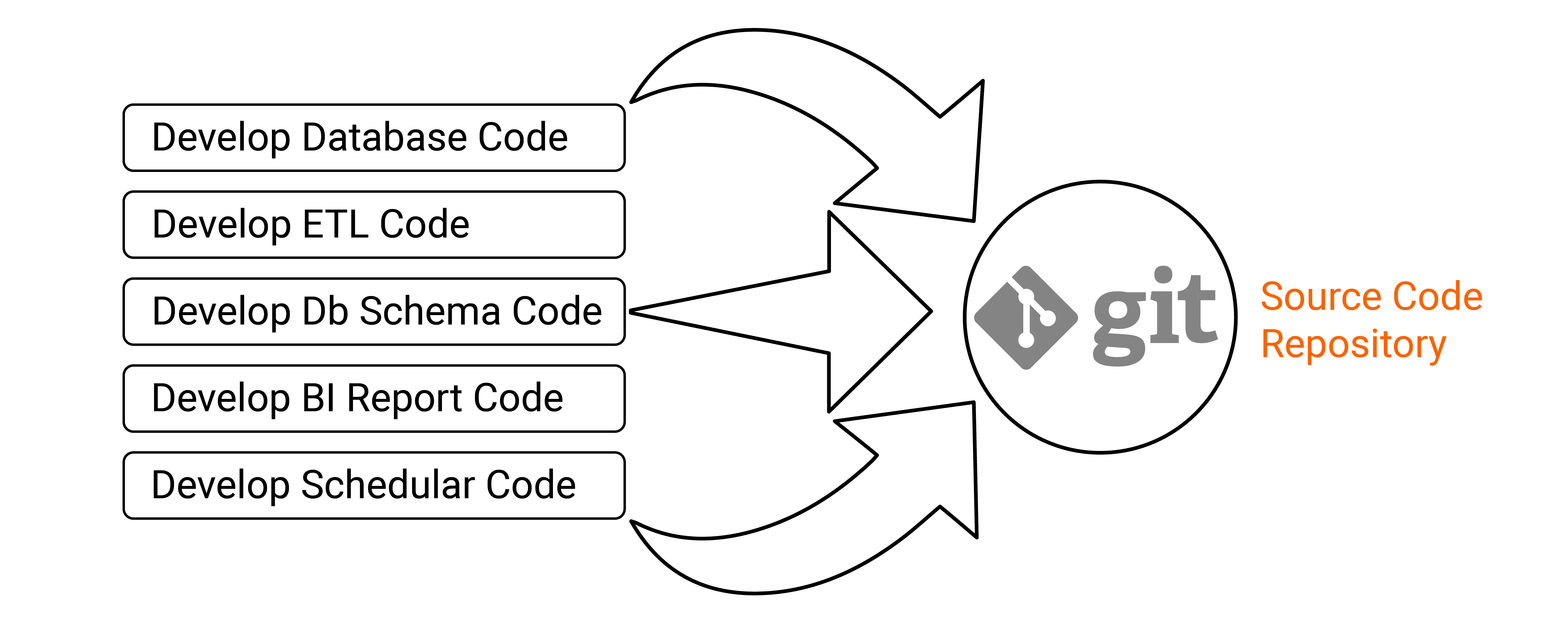

- Password repository open source android#
- Password repository open source software#
- Password repository open source password#
- Password repository open source free#
So what is pass? It's basically a simple command-line utility that helps you manage passwords. Beyond that? I'd rather save some of my brain's limited storage for more important things. I remember my system password, and a handful of others. Multiple Twitter accounts, my server credentials, OpenShift applications, my FAS credentials, sign-in for Rdio, and lots more.Īs you might imagine, trying to memorize all of those passwords is an exercise in futility. At the moment, I'm juggling something like 90 to 100 passwords for all of the services I use. But in today's world? It's potentially disasterous.
Password repository open source password#
It's never been a good idea to use the same username and password with multiple services. Being a fan of simple apps, I prefer using pass, a command line password manager. We have a surfeit of passwords to manage, and we need a good way to manage them so we have easy access without doing something silly like writing them down where others might find them.
Password repository open source software#
There is no paid version of this software either, so you won’t have to worry about missing out on any features. Moreover, if you’ve previously been using other password managers such as KeePass or 1password, it is also possible to migrate their passwords to your new pass repository. However, although pass is essentially a CLI application, there is a cross-platform GUI extension available for it as well, so users don’t have to get into GIT that much.

This open-source software stores your passwords in GIT repositories (which can either be on GitLab or your PC).
Password repository open source android#
All thanks to the efforts of its community, pass has enough extensions out there which let users not only run it Windows, Linux, FreeBSD, and macOS but also access their passwords with the help of browser extensions (for Chrome and Firefox) and mobile apps (for Android and iOS). Pass sells itself as ‘the standard Unix password manager,’ but one shouldn’t mistake it for being unavailable on other operating systems. If that’s an issue, you can try opting for its Family plan that only costs $0.99 per user/month.
Password repository open source free#
Another downside is that its free version only works for a maximum of 50 passwords, credit cards, and other items and only two connected devices. With that being said, one bummer would be that Padloc doesn’t allow self-hosting, so you’d have to trust the company’s clouds with your data. Plus, the software can also create highly-secured passwords for you. Another great thing about it is the fact that all the data is stored in its cloud so that you can access and manage your passwords with any of your connected devices. With the help of Padloc, users can not only save all their passwords quickly, all thanks to its simple UI, but also organize them into several categories. Other than that, there are also browser extensions that you can get on Firefox and Google Chrome, and support for ChromeOS-based devices is coming soon as well. As of now, this open-source password manager is not only available on Windows, macOS, and Linux-based systems, but also has mobile applications for both Apple and Android phones. If, for some reason, Bitwarden couldn’t cut for you, then maybe you should have a look at Padloc. All-in-all, Bitwarden is a safe choice if your priority is keeping your passwords safe and secure without investing any financial resources. With Bitwarden, you can also get to know if you’re using any weak, reused passwords and see different login details, all thanks to event logs. Plus, the software also offers an API that can be integrated with your organization’s tools. However, what truly makes this password manager worthy of being at the top of our list is the fact that it allows users to even self-host your instance, in case you don’t trust the company’s servers enough.Ĭoming to its features, Bitwarden provides end-to-end encryption of your passwords and private information and allows organizations to have better control over their workers’ passwords. There is also a Bitwarden mobile application that you can find on Google Play Store and iOS App Store. Apart from being an online service, Bitwarden can also be installed on systems running on Windows, macOS, and Linux.

This open-source software right here might be the answer to all of your password management needs.


 0 kommentar(er)
0 kommentar(er)
